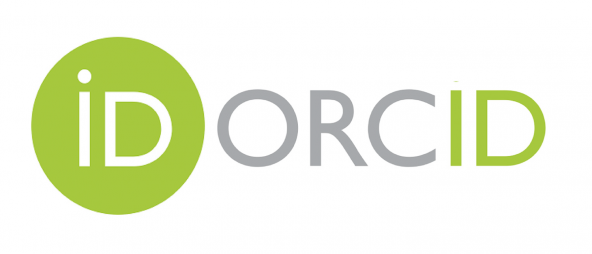Health Promotion on Environmental Waste Management At Elementary School In Bandung
Abstract
Background : Various activities in schools almost always produce waste. The waste generated from the school environment can be in the form of organic or inorganic waste. Accumulated waste can cause environmental pollution and can cause disease outbreaks. Garbage such as paper, leaves, or even leftover food from student supplies has not been managed properly by students. The garbage is still collected in the same trash can so that it can cause an unpleasant odor and interfere with the learning process. To reduce this, many approaches can be taken, such as more efficient waste management, recycling waste, and reducing waste use. Method: Health promotion activities are carried out using the extension method by providing material on good and correct waste segregation. The instrument used was a questionnaire to measure knowledge using frequency data distribution analysis. Result: Through this health promotion the level of students' knowledge about waste sorting has increased quite a bit. Conclusion: This health promotion can increase students' knowledge. It is hoped that this increase in knowledge will be followed by changes in the behavior of all school members. Schools should support this movement and facilitate the school community in sorting waste.
Keywords
Full Text:
PDFReferences
Darmawati, I. (2021). Pelayanan Kesehatan Sekolah Dasar. UPI Press.
Ira Nurmala, S. F. (2018). Promosi Kesehatan. (Zadina, Ed.) Airlangga University Press.
Lukhi Mulia Shitophyta, S. A. (2021, Februari). Pelatihan Pembuatan Pupuk Kompos Dari Sampah Organik Di Ranting Muhammadiyah Tirtonirmolo,Kasihan,Yogyakarta. Community Development Journal, 2, 136-140.
Luluk Iftitah, K. J. (2018). Pemanfaatan Bank Sampah Dalam Peningkatan Pendapatan Masyarakat Kabupaten Jombang. Journal Of Public Power, 2.
Nunik Ekawandani, A. A. (2019). Pengomposan Sampah Organik (Kubis Dan Kulit Pisang) Dengan Menggunakan Em4. Jurnal Tedc.
Schupp, C. L., Getts, K. M., & Otten, J. J. (2018). An evaluation of current lunchroom food waste and food rescue programs in a Washington state school district. Journal of agriculture, food systems, and community development, 8(1), 167-186.
Stephen, R. H. (2019). Aplikasi Concolution Neural Network Untuk Mendeteksi Jenis-Jenis Sampah. Jurnal Sistem Informasi dan Telematika, 10.
DOI: https://doi.org/10.17509/ijcd.v3i1.56463
Refbacks
- There are currently no refbacks.
Copyright (c) 2023 Indonesian Journal of Community Development

This work is licensed under a Creative Commons Attribution-ShareAlike 4.0 International License.
E-ISSN: 2776-7078 P-ISSN: 2776-9712

This work is licensed under a Creative Commons Attribution 4.0 International License.
Jl. Dr. Setiabudi No.229, Isola, Kec. Sukasari, Kota Bandung, Jawa Barat 40154









